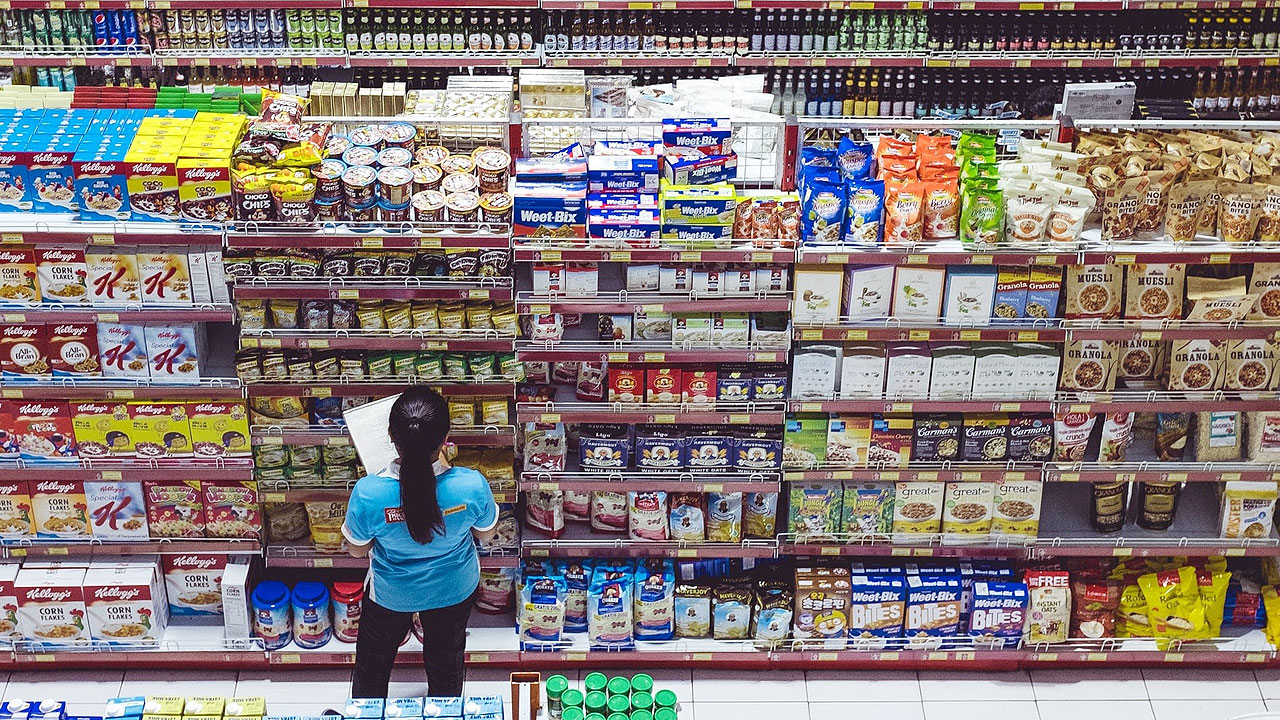New buying habits are disrupting the FMCG industry
The fast-moving consumer goods (FMCG) industry needs to examine how the pandemic has transformed shopping habits, according to data and consulting firm Kantar.
Kantar Philippines Worldpanel’s Director of Expert Solutions, Ledz Lim, said in a virtual briefing on Thursday that FMCG companies need to adapt to consumers’ new emphasis on value for money, commerce electronics and durability. Back-to-school products are also a priority area due to the lifting of restrictions on face-to-face classes, while the industry must also adapt its distribution strategy to the way mobility restrictions have shaped consumers for two years patronizing vendors in their immediate vicinity.
“With the return of neighborhood stalls (sari-sari stores), brands that can fit into limited shelf space will be the biggest winners,” said Kantar Shopper and Consumer Insight Director Laurice Padlan-Obana.
Kantar also noted that e-commerce will continue to grow, especially as a way to sell personal care products.
“With only 8% of Filipino households shopping online, brands have a huge opportunity to leverage this platform. However, the e-commerce category will really take off when shoppers turn to online channels to purchase their products. food and drink,” Ms. Obana said.
According to Kantar, consumers will continue to turn to brands that offer greater value.
“With more than half of the 156 categories tracked by Kantar having increased their prices by more than 5% in the last two years, shoppers will continue to turn to brands that offer them greater value. This search for such products that get value for money, especially among lower socio-economic classes, will continue and brands able to meet this need will be able to join the ranks of other growing and fast-growing brands,” Kantar said.
Kantar said the return to face-to-face classes will also boost FMCG categories that have seen little action in the era of virtual classes.
“These (categories) include those that will keep children safe and cool (sanitizers, baby powder and colognes), while ensuring they have nutritious lunch boxes and are properly hydrated while they’re at school. Additionally, households may see an increase in demand for laundry detergents with more instances of children changing outfits,” Kantar said.
“82% of shoppers said they were personally concerned about environmental issues, while 68% admitted to not buying certain products that they believe have a significant impact on the environment and society. Additionally, Philippine buyers believe that various stakeholders, including FMCG companies, (should play a) bigger role in taking action and pursuing a more sustainable path,” Ms. Lim said.
Lourdes Deocareza-Lozano, new commercial director of the Worldpanel division of Kantar Philippines, said the frequency of purchases is expected to increase in the coming months following the easing of mobility restrictions.
According to Ms. Deocareza-Lozano, overall spending on FMCG over the past two years has fallen by 11%. Income class D showed the largest drop in spending of 12%, followed by class E with 11%, C2 9% and ABC1 2%. — Revin Mikhael D. Ochave


Comments are closed.